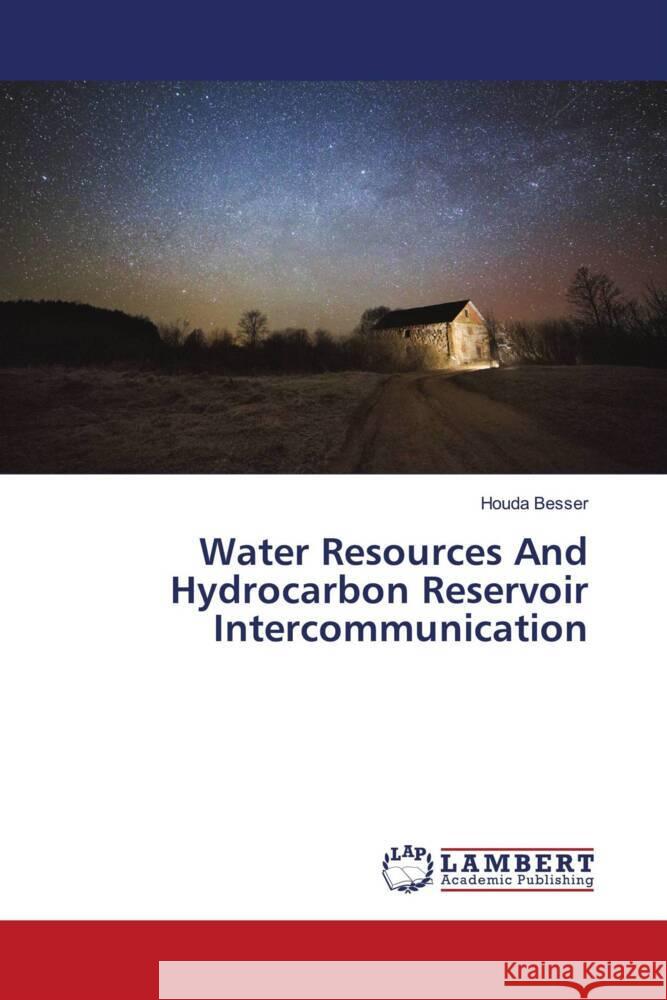Water Resources And Hydrocarbon Reservoir Intercommunication » książka
Water Resources And Hydrocarbon Reservoir Intercommunication
ISBN-13: 9786204980133 / Angielski / Miękka / 224 str.
Groundwater is of critical social and economic importance in arid and semi-arid regions. In Southwestern Tunisia, the increasing water demand is mainly supplied by the deep aquifers of SASS multi-layered system (the Continental Intercalaire "CI" and the Complex Terminal "CT"). The sustainability of the CI resources is, currently, threatened by anunknown oil spill detected in a number of water wells in Kebili region and by the brine contamination of Djemna well. Thus, the study focuses on identifying the principal mechanisms governing this pollution and on determining the principal factors controlling the evolution of CI water chemistry. It discusses the suitability of the contaminated water quality for different uses and assesses the sensitivity of the region of interest to environmental degradation.In the study area, the oil-brine contamination of the CI aquifer attests to the conditions of reservoir compartmentalization on the basis of the following four principal factors: (1) petroleum and (or) brine migration pathways; (2) the integrity of petroleum reservoir seals; (3) groundwater hydrodynamic behavior; and (4) the driving forces of petroleum and (or) brine migration.











